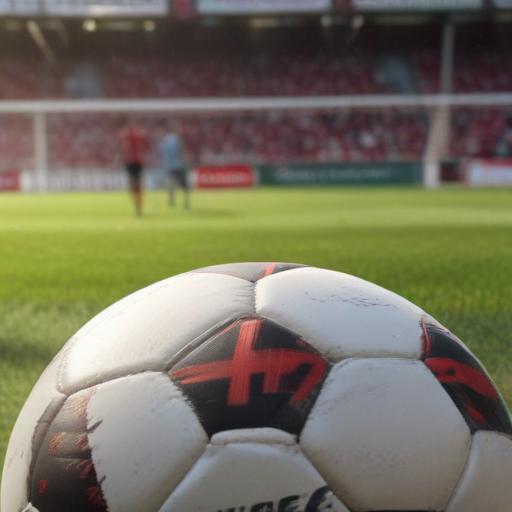The wait is finally over. As the grand final approaches, the kickoff time is just a detail for the eager fans who are filled with both anxiety and excitement for the showdown that will take place this afternoon at 5:00 PM in Santiago del Estero, at the impressive Estadio Madre de Ciudades. When referee Facundo Tello blows the whistle to start the match, the hopes and dreams of Huracán and Platense supporters will emerge into reality, while the rest of the spectators watch as passive observers.
If the match ends in a draw, extra time will ensue, and if needed, penalty kicks will determine the new champion. The two teams seem somewhat off the radar in a city that is indifferent toward Huracán or Platense compared to the enthusiasm generated by more popular teams like Boca Juniors and River Plate.
This provincial match will be a defining moment for coaches Frank Darío Kudelka and the duo of Favio Orsi and Sergio Gómez as neither has led a team to glory in the top division before. On Monday, there will be no hangover from championship celebrations for either side.
Kudelka and the coaching duo have similar journeys, having worked their way up from lower tiers and smaller pitches, achieving historic promotions without necessarily being prepared for such success initially.
Vicente Taborda, one of Platense’s standout players, has made his way to Santiago, receiving warm welcomes upon arrival. Kudelka has left a significant mark in Córdoba, with fans ready to defend his legacy as the coach who lifted Talleres from the lower leagues to compete in the Copa Libertadores.
Orsi and Gómez experienced their coaching breakthrough at Fenix and have risen through various categories to reach the top league. Orsi remarked in a recent interview how some coaches end their careers without ever having the chance to play in a final, underscoring the importance of this match.
Regarding team dynamics, Huracán prides itself on its storied history, asserting its place among football’s elite, while its fans seek recognition that doesn’t always reflect in how they are treated. Platense, on the other hand, is comfortable with its identity and acknowledges its history, even as it carries a neighborhood club’s stature.
Moreover, Platense arrived in Santiago after eliminating major teams like Racing, River, and San Lorenzo on their way to the final. What better scenario for the “Calamar” than to face a rival seen as dominant?
If Huracán wins, it will not be their first title in the top division, as they have celebrated championship victories 13 times before. Regardless of the outcome, their historical stature as a major team is undeniable. They struggled to focus on this domestic tournament final until after wrapping up a Copa Sudamericana match against Corinthians, where they secured a spot in the next round.
While Platense prepared with two days of training in Santiago, Huracán arrived only 24 hours before the match, experiencing the rivalry as they saw their opponents at practice. The city itself hadn’t yet captured the festive spirit fully, with vibrant displays of colors expected to fill the streets ahead of the game.
Local tourism authorities anticipate a major economic boost from the influx of football fans, estimating that over the next 48 hours, 30,000 visitors will spend around 5.4 billion pesos on hospitality and dining sectors.
This final not only represents a significant moment for the teams involved but also showcases the unifying power of football to bring people together and bolster local economies. Regardless of the outcome, the excitement surrounding the match has the potential to ignite a sense of community and pride in the sport.
